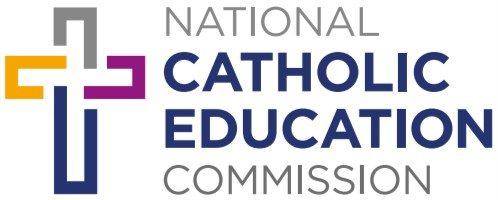9 May 2018
Catholic school communities expecting significant initiatives addressing the concerns raised with the Federal Minister for Education Simon Birmingham and Prime Minister Malcolm Turnbull would be disappointed with last night’s budget.
Whilst Senator Birmingham has promised the government will respond to the Independent Report of the Review into the Socio-economic Status Score methodology from the National School Resourcing Board later this year, there is little in the budget that details how the government will address this, and the other “landmark” reviews the government has received this year.
The acting executive director of the National Catholic Education Commission, Ray Collins said the key issue for the Catholic sector is the inequity in the current funding model for non-government schools and the negative impact it is particularly having on Catholic schools.
“Whilst Minister Birmingham has indicated that he is awaiting the report from the National School Resourcing Board on the SES there needs to be a significant boost to school funding across the board for all sectors if the vision for quality schools across Australia is to be achieved,” Mr Collins said.
“Our continued efforts in communicating our concerns to the Minister certainly haven’t been reflected in this budget,” he said. “Parents seeking an affordable Catholic education for their children will have little certainty from this budget.”
Mr Collins said he was surprised at how little funding was allocated to the recommendations from the Halsey Independent Review into Regional, Rural and Remote Education.
“All the recommendations this report made in relation to school education, including the provision of experienced teachers and principals to rural and remote schools, have not attracted any funding in this budget,” Mr Collins said.
“The focus has been on post school opportunities for students, but nothing to support the important school years that enable the young people of these areas to access tertiary education.”
In a similar vein, the Gonski report into the Review to Achieve Educational Excellence in Australian Schools is mentioned in a few brief statements that the government has accepted each of the recommendations with no indication as to the costs that acceptance will create over the coming financial year.
Mr Collins said one aspect of the budget that will please principals and school communities is the continuation of the National School Chaplaincy Program.
“Principals and parents have valued this program highly over the years since it was introduced by the Howard Government and the $61.4 million dollars for each of the next four years provides some certainty to schools that have chaplains/pastoral care workers supporting their schools,” said Mr Collins.
“The focus on addressing bullying in schools is a valued component of the program and it is good to see the government recognising the importance of the school chaplaincy program in schools.
“However, with no indexation over the last three years of the program and the likelihood of more and more
schools wanting to access this program, the funds allocated will probably prove to be inadequate.”
The NCEC also appreciates the continuation of the National Partnership on universal access to early childhood education.
